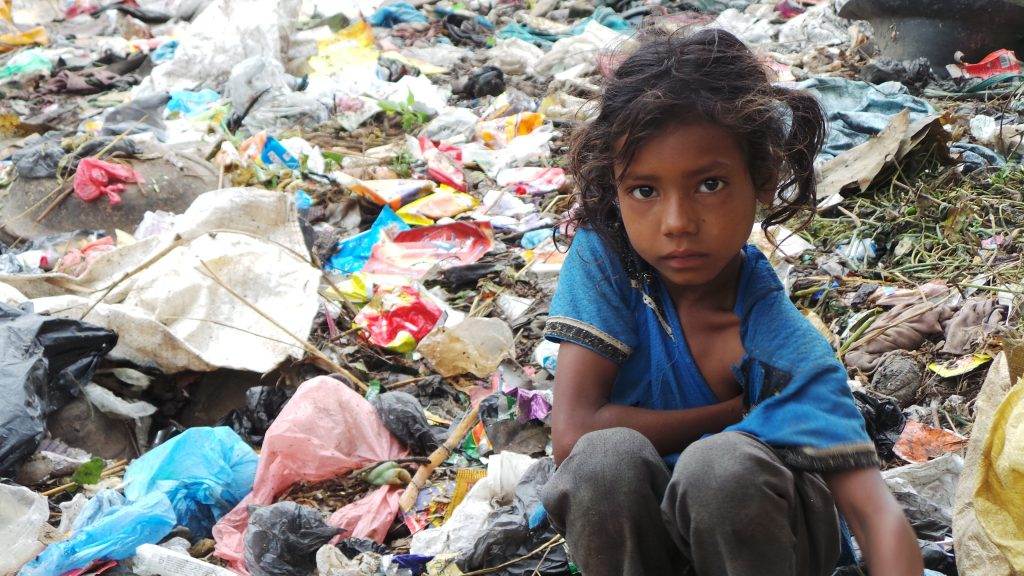
As our planet’s population becomes ever more urbanized, this presents new opportunities, but also new challenges. The ever-growing quantities of waste generated without well-functioning systems for collection, recycling or disposal is one of them. Every year, according to UN-Habitat, cities around the world produce 7-10 billion tonnes of municipal waste. Only a fifth of this is recovered and a third is still openly dumped.
Improving refuse systems in cities is often a hot political topic for city authorities. Cities in low income countries spend on average 20 per cent of their budgets on solid waste management. The theme for this year’s World Habitat Day (7th October 2019) addresses it too. In the fight to deal with the mounds of rubbish, ‘frontier technologies’ may seem like an attractive option, offering new ways for cities to be ‘smart’ and ‘global’ as well as dealing with their day-to-day problems.
UN-Habitat lists some of what they mean by ‘frontier technologies’ as including automation, robotics, 3-d printing, the internet of things, machine learning and artificial intelligence.
As with every technological ‘silver bullet’ the questions we ask ourselves at Practical Action include whether those solutions really meet the needs of the poorest in society? We discovered back in 2016 that some technologies such as Smart Phone apps managing informal work can make life more precarious for those already struggling to earn a living (see our work on Technology and the Future of Work).
When it comes to managing rubbish: its collection, separating, recycling and disposal, there are some exciting examples globally of the use of geo-spatial and smart-phone app technologies which can link door-to-door waste collectors with customers, helping to increase recycling rates and create a better business for the collectors. I love these examples from India, and Nepal.
Our own work in Bangladesh is experimenting with call centres and mobile phone service ordering which can provide households, including the poorest, with a one-stop point of contact for municipal services including waste collection, toilet pit emptying and others. This builds on the successful service we have developed in Faridpur.
Overall, however, we know that for any system to be a success – and for us ‘success’ includes meeting the needs of poor communities sustainably – it must think about people. Too often discussions about cities seem to imagine spaces devoid of real people going about their business. They focus on the infrastructure, and the sleek sky-scrapers and fast transit systems. Similarly with dealing with the rubbish generated by growing cities, solutions need to focus less on the ‘things’ (the waste itself or the technologies to deal with it) and more about the people. Real people already collect waste, they are already responsible for the majority of the recycling that takes place in developing cities, and it is the poor who are the most affected when waste is not adequately dealt with. Organisations such as WIEGO are helping organize these workers, but their rights are being threatened all the time and hard-won gains are being lost again.
As WIEGO say for Accra in Ghana: “Accra’s recycling rate is estimated to be 5 per cent, and of this, private companies are only recovering 0.5 per cent, with the vast majority being recovered by informal waste pickers. In other words, waste pickers are recycling pioneers in the midst of the city’s plastics waste crisis, and are key to meeting Accra’s environmental goals”.
At Practical Action we are working on developing new programmes to address these issues. We are also working on new pieces of learning and research which take a ‘people first’ approach.
Let us celebrate the potential that ‘frontier technologies’ may have to improve the lives of all the world’s urbanites. But let us also not forget that millions of people live in the shadow of enormous wealth without access to even basic services. Addressing these enormous inequalities requires going beyond clever technology alone to more holistic ingenious solutions.